If you were to ask Alan Salazar, also known as Fast Runner, about the past of California and it being a free state, he would state that it was not. Salazar is a Chumash & Tataviam First Nation storyteller, author, and elder. He has written many books including A Tataviam Creation Story, Coyote Rescues Hawk, and his most recent publication, Chumash Stories. In the morning of October 24, he was a guest speaker for over 280 PRHS students. Salazar spent his time informing students about how Native Americans–or First Nations, as he preferred to call them– suffered for many years, specifically in California. He spoke about the 1850 Indian Protection Act, bounties against natives, slavery in Spanish Missions, and the native massacres. Salazar was very adamant about informing the students about how the California government facilitated slavery of Native Americans.
During his presentation Salazar asked students if they knew about any of the things mentioned above– to which no one raised their hand. He stated that is the response he often gets, pointing out that people think California was a free state. He explained that the Golden State wasn’t free: the slaves in this case were Native Americans. These First Nation citizens were “taken by the state government” and were named indentured servants, thus unable to leave their position. Salazar explained the consequences to these actions and the way that the 1850 Indian Protection Act masked the truth of slavery. Salazar encouraged the student attendees to ask teachers or do their own research about the topics he spoke of.
Salazar commented that he wasn’t as knowledgeable about his tribe during his youth because it was so small. He believed as a child that he had to save his culture and become more connected to it. He believes that telling the story of his ancestors and what they all went through is crucial to tell.
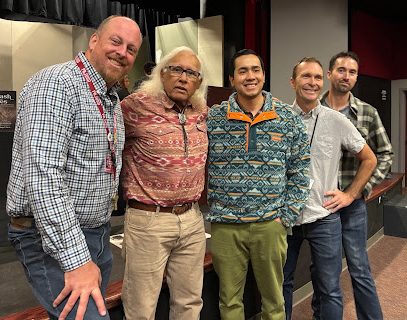
Salazar explained that storytelling is what got him where he is in life. Salazar is an author of many books regarding first nations. In his most recent book, Chumash Stories, he relays the stories of the Chumash people. The book dives into the past, present, and future of Native Americans.


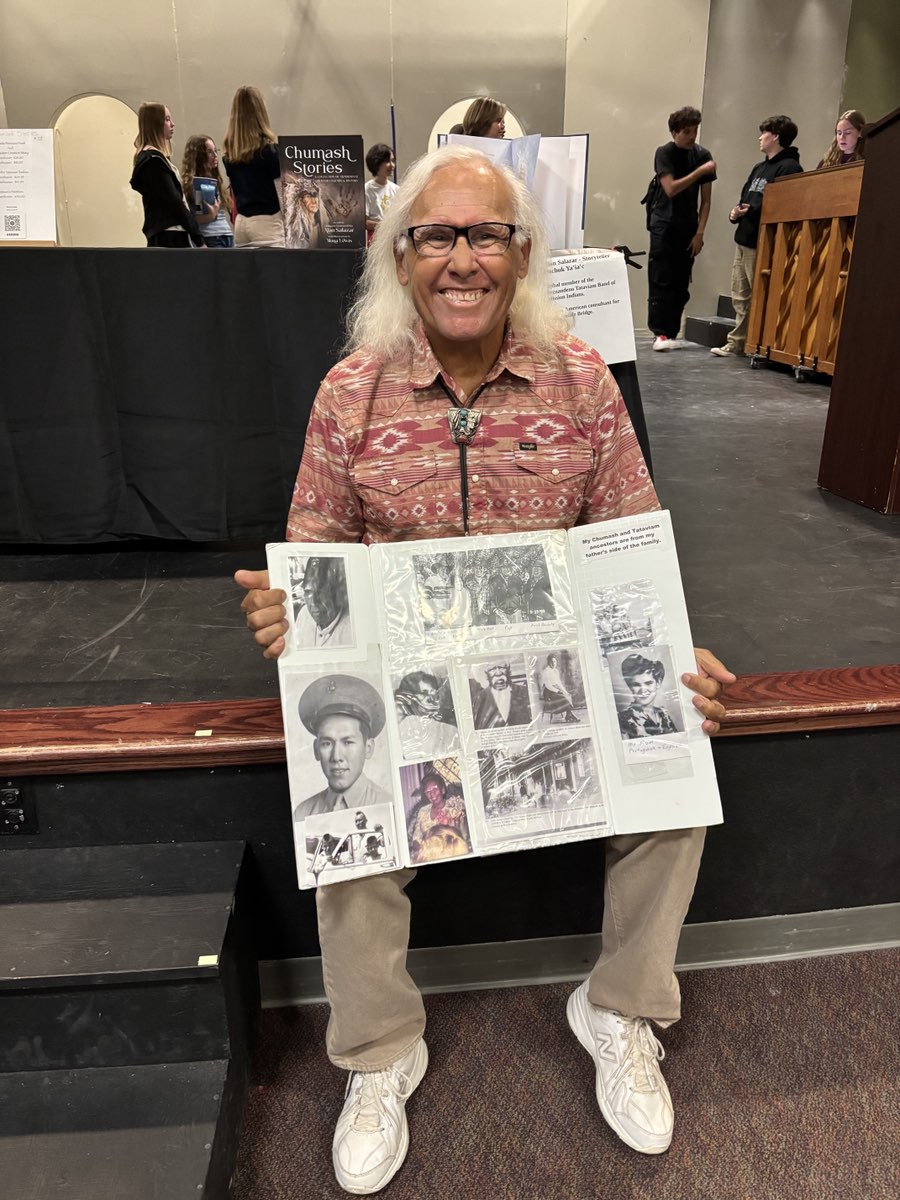
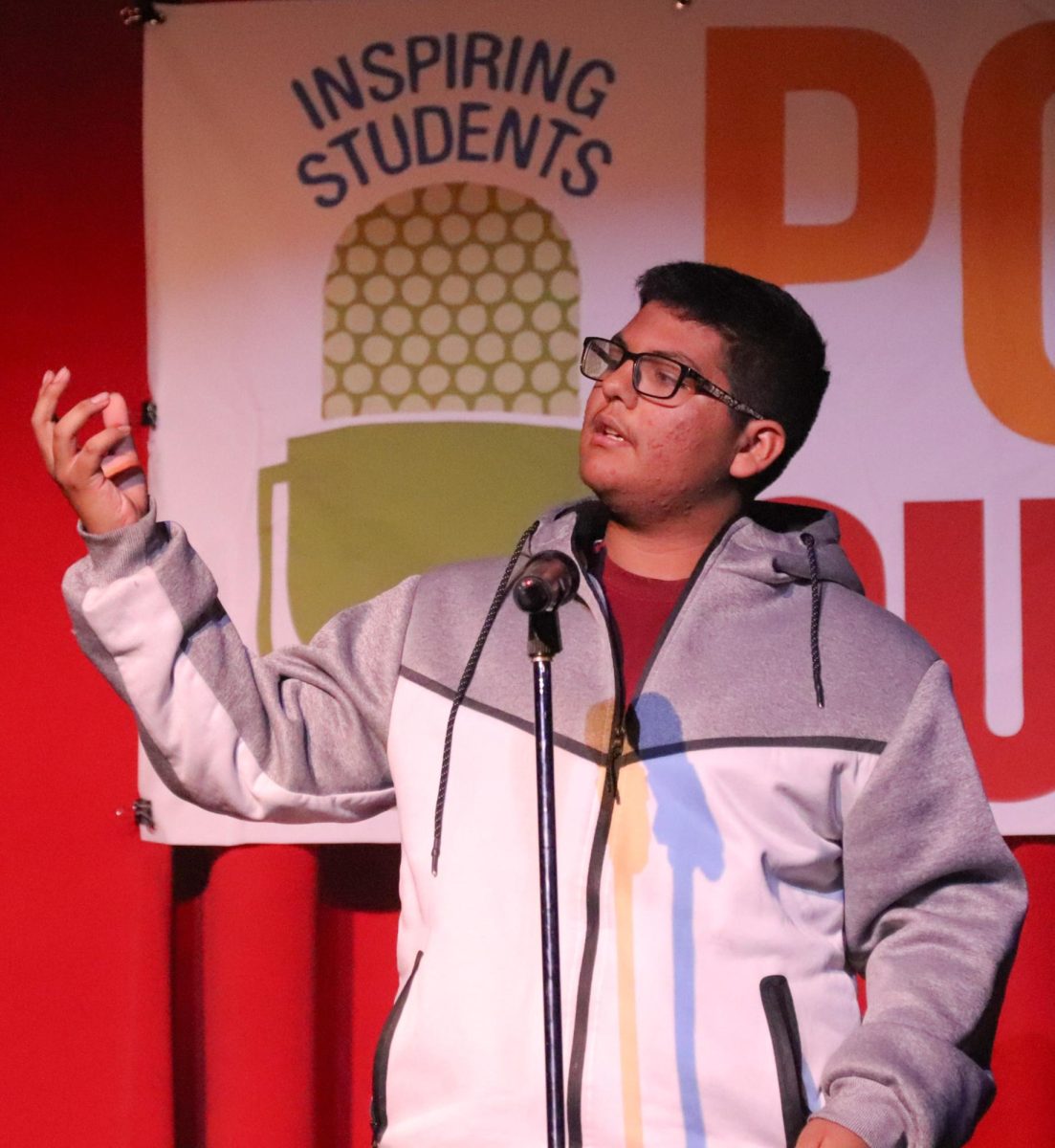
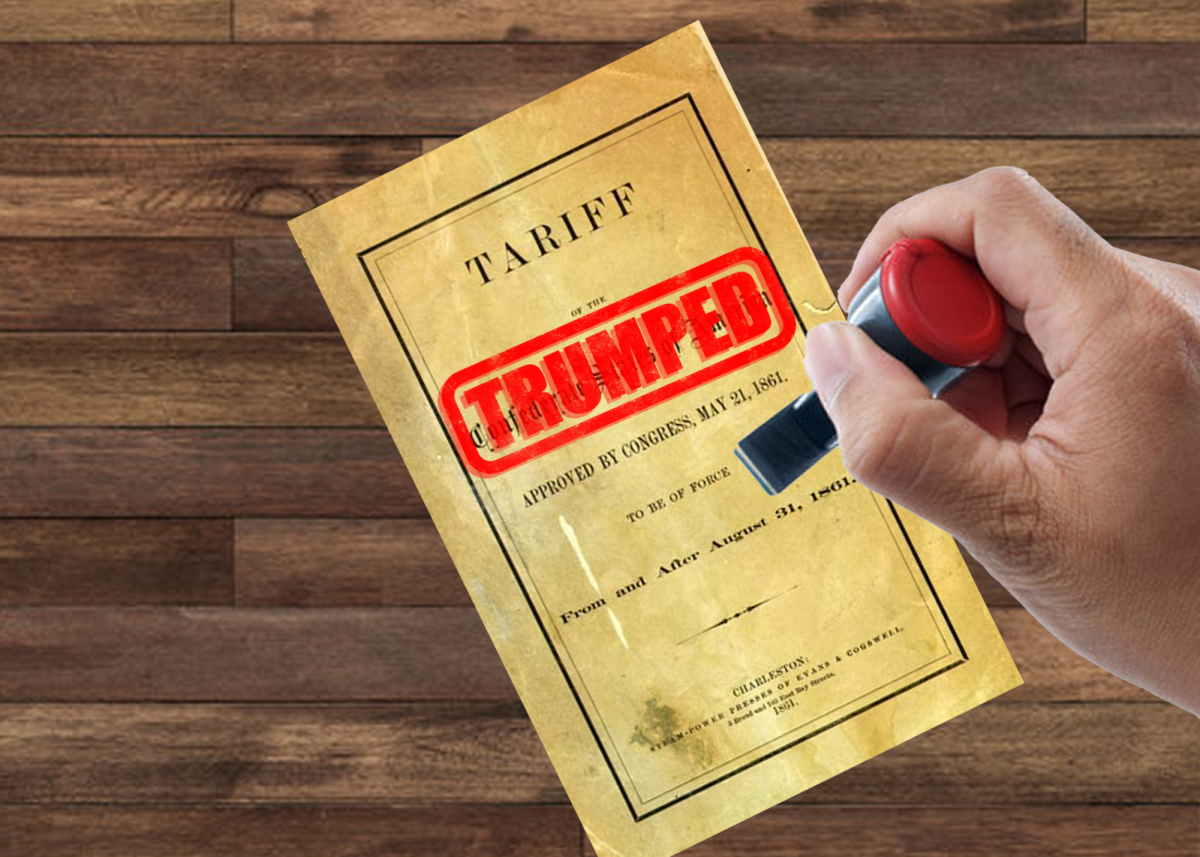
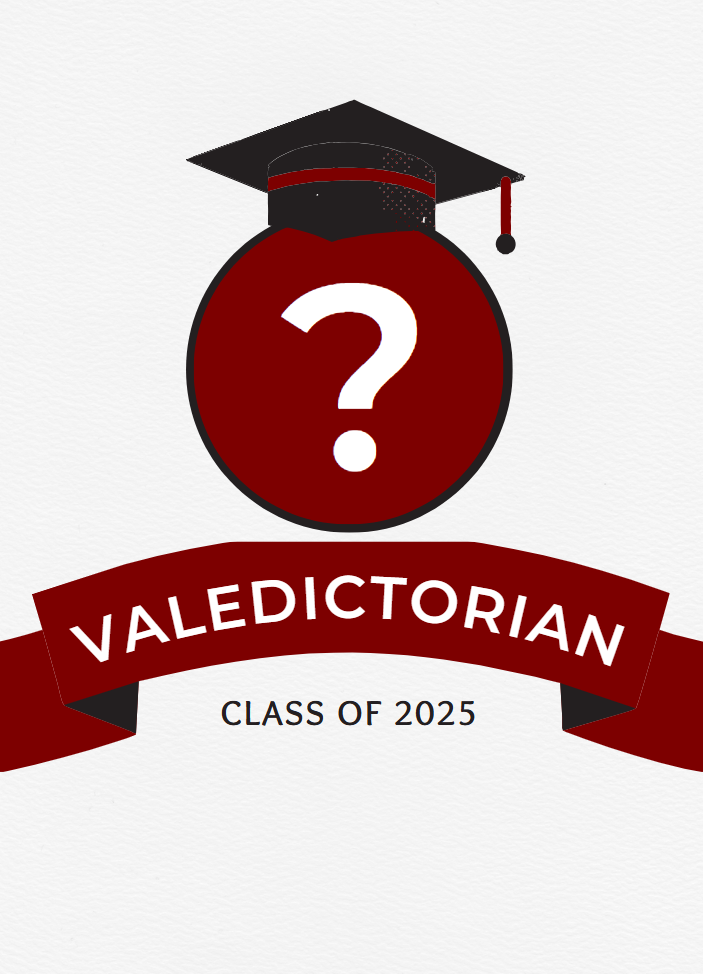

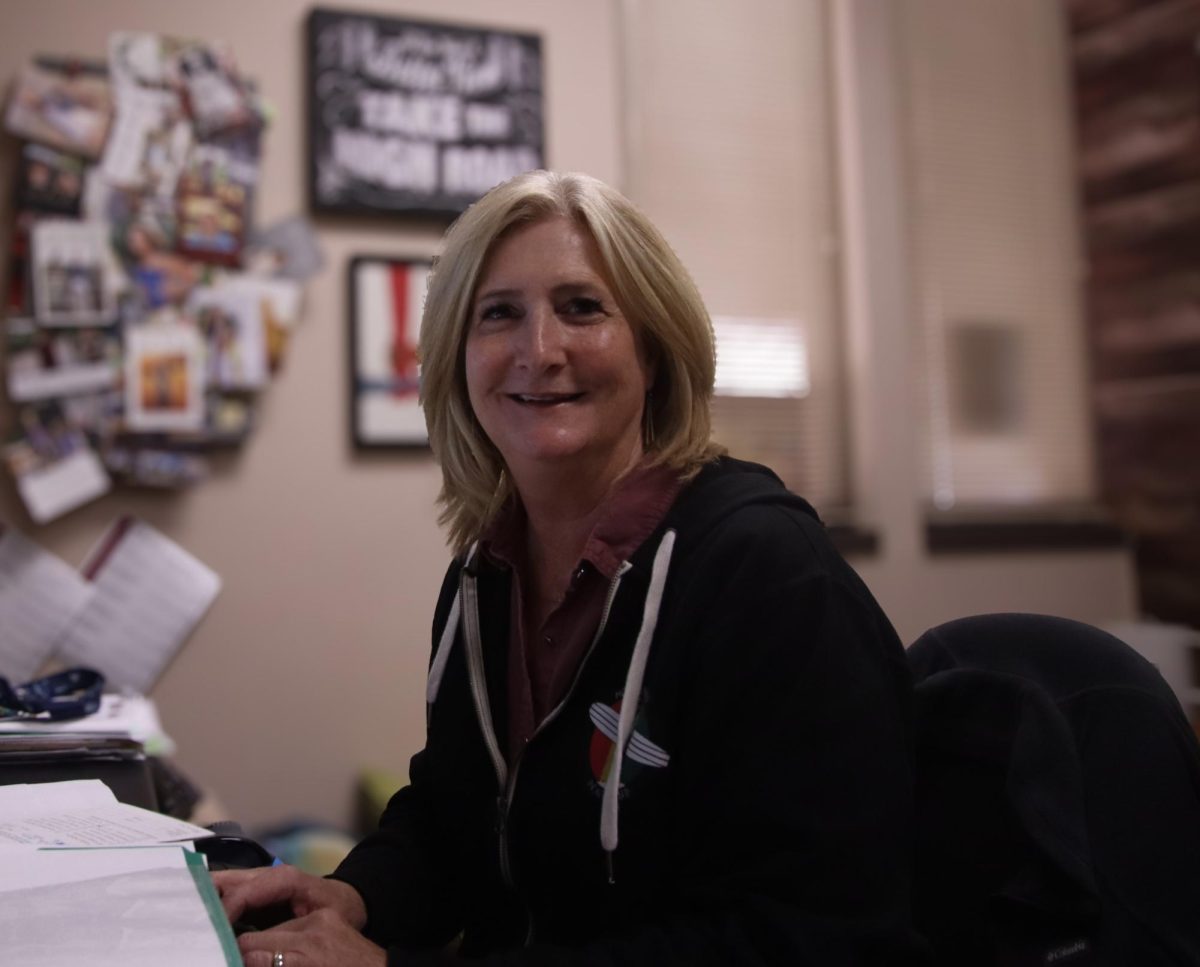
Lynn Griffin • Nov 16, 2024 at 12:43 am
Great teachers at PRHS make sure that students hear from speakers like this. Great article!